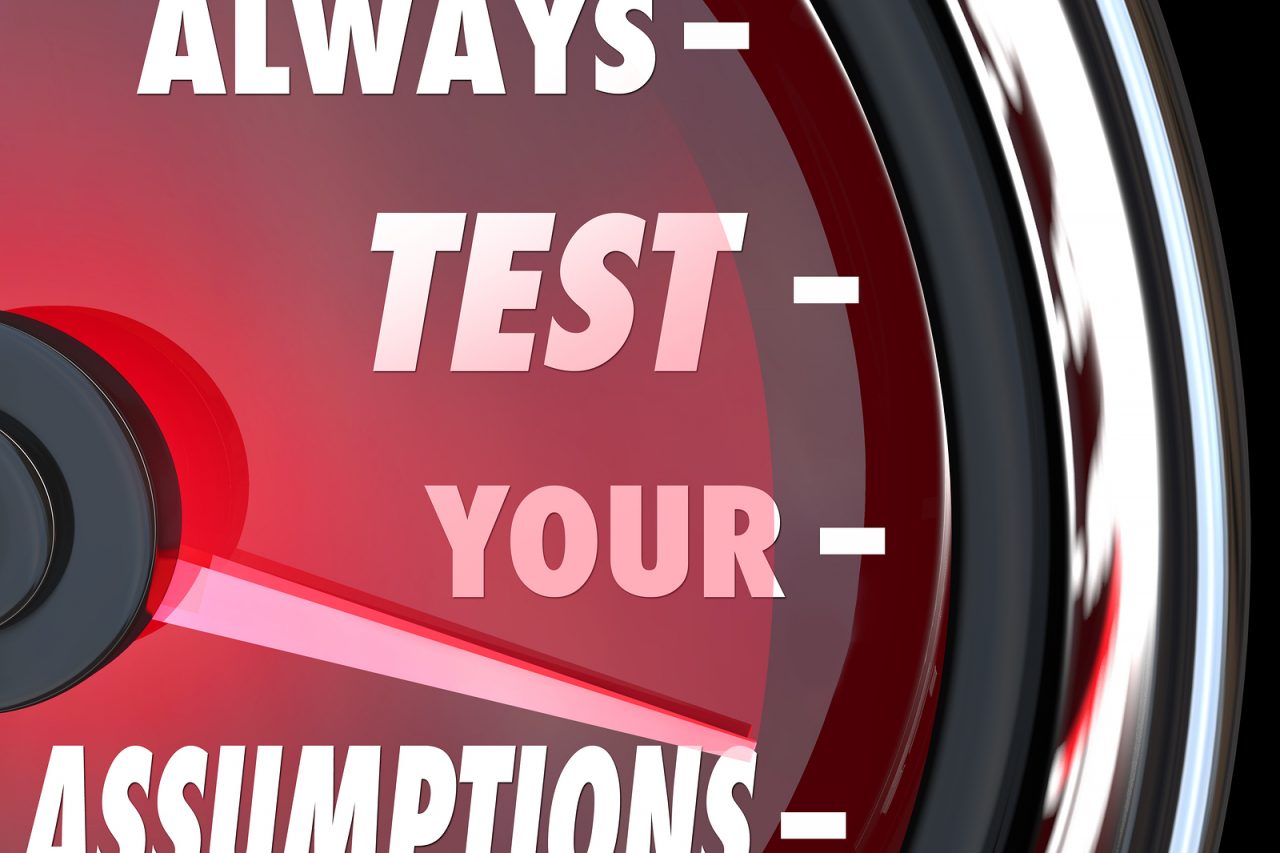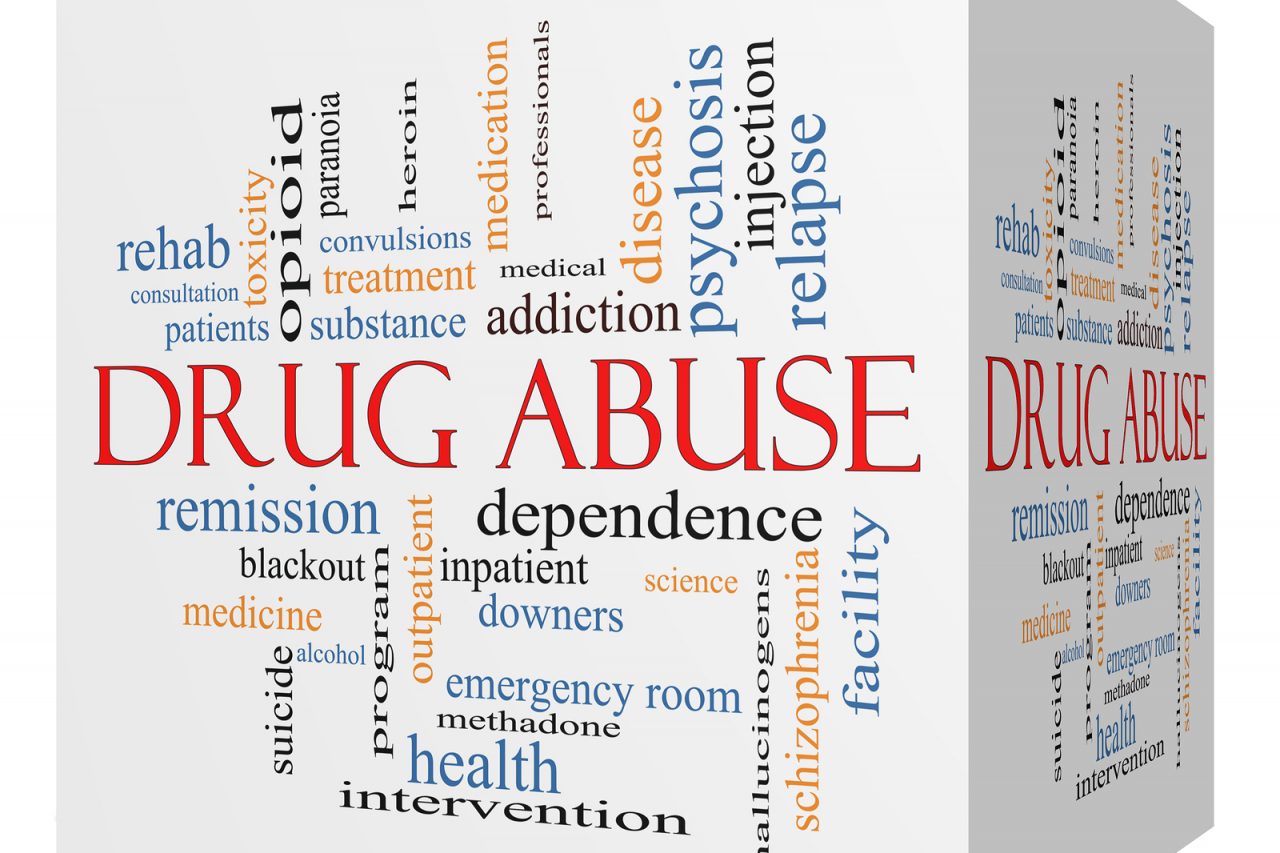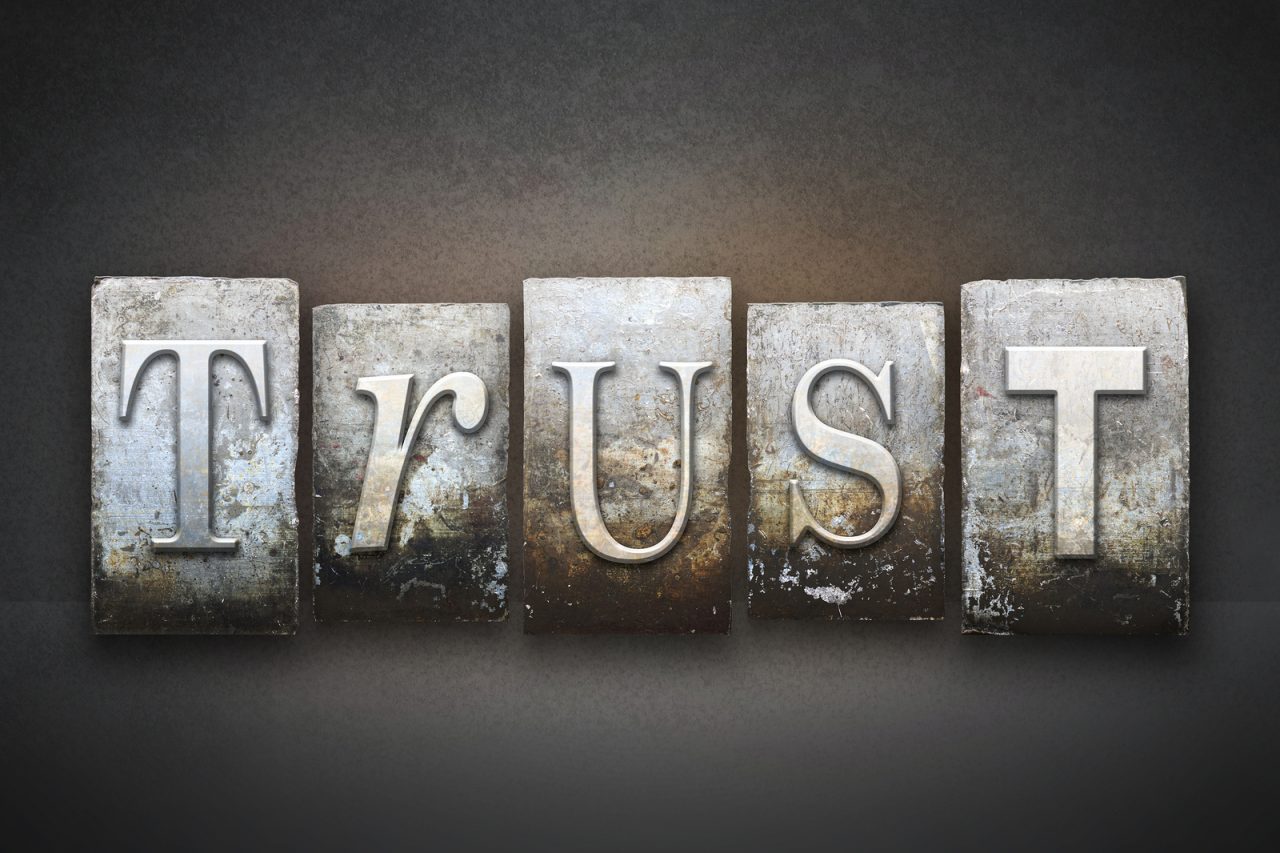On the business side of healthcare, doctors are at a disadvantage. Because of their training, or lack therein, and native personality, they often fail to understand the realities of the market place, take confrontation personally and are suckers for an aggressive sales pitch. They feel that their motives are pure and because they sacrifice themselves and their families, over many years, they should receive respect and success. “I build it, so they will come.” Confronted with a complex business oriented environment, they often make bad decisions, which leads to failure and burnout.
However, recently I have noted that physicians may have an edge. It is not perfect and it needs nurturing and support, but as apposed to the salesman, accountant or MBA, docs have a vital skill.
Perhaps the hottest buzzword in the business literature, at conferences and in leadership classes, is “Emotional Intelligence (EI).” Industrial experts have added this skill to the “must have” short list of any successful CEO. EI is the ability to identify and manage both your own emotions and those of others; to be aware of and control feelings and, most importantly, help others use emotions, in order to make calm, clear decisions.
Now, I know, some of you who are saying, “you’re kidding. That doctor I saw was uncaring, unfeeling, and cold as a clam … a frozen clam!” Well, sure, there are doctors who are lousy “feelers,” just as there are acrophobic steelworkers, tasteless cooks, nearsighted pilots and pitiless priests. Nevertheless, most doctors understand that dealing with emotions is at the core of successful patient care.
First, every physician learns, through experience and instruction, how to handle and focus his own feelings. It is 8:05 in the morning, and you have been up all night with a dying 32-year-old breast cancer patient, simultaneously handling calls from the intern in the ICU who is managing a 87-year-old leukemic, and your wife is angry because you missed your child’s recital, who has a fever anyway, and you arrive at the office, where there is already a packed waiting room, to be told that Mr. Smith is in the back room on the floor, and his daughter is screaming at your nurse. When you walk into that room, you control your anger, exhaustion, fear, confusion, and you project motivation, compassion and drive. You stabilize the situation and save the day.
Doctors who fail to do this become cold and distant or simply burnout. However, the lion’s share of physicians spend a career identifying, focusing and using their emotions.
Across the exam table, doctors learn to identify and analyze the often complex, conflicting and layered emotions of his or her patients. Anxiety, anger, denial, confusion, hate, loss, and, of course, love.
The physicians who are most respected in a community are often not the ones who do the fastest surgery, make the smartest diagnoses or charge the least. The dominant doctors are those that connect to each patient’s emotional flow and needs. They understand family dynamics. They anticipate and warn each patient of emotional mountains and the deep valleys to come. These skills are core to a healers skill set. They are as much a part of the preverbal black bag as a stethoscope, a CT scanner or, in 2015, the computer tablet.
Of course, not every doctor has control of his own emotions, and not every doctor shows empathy. Moreover, empathy is not quite the same as EI. The former is feeling and connecting, while the later is deliberately using emotions as a positive tool. However, it is interesting to consider that this may be an area where doctors have a natural and learned ability, which can be applied in the competitive, metric driven, result oriented, finance and business world.
Now, if we can just get them to finish their charts.







2 Comments